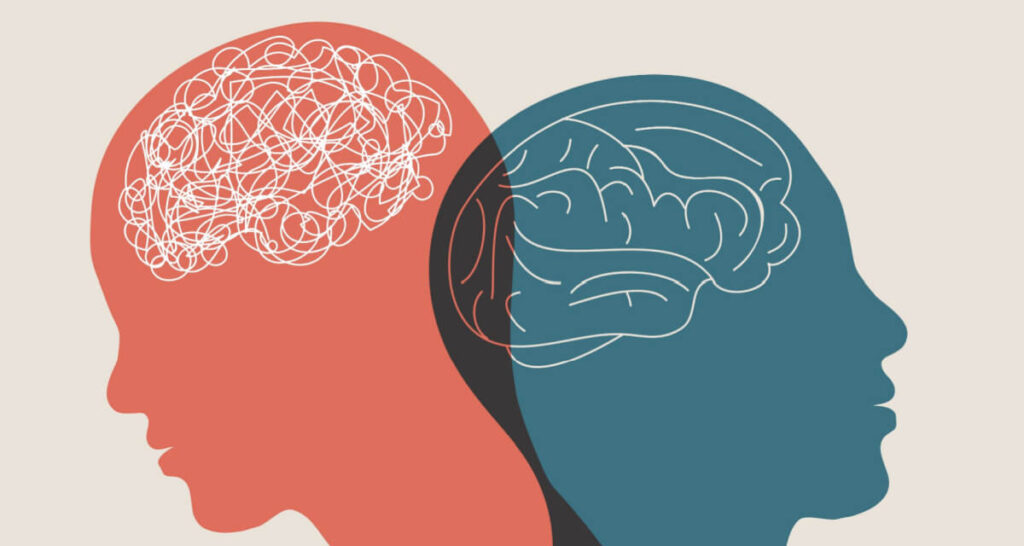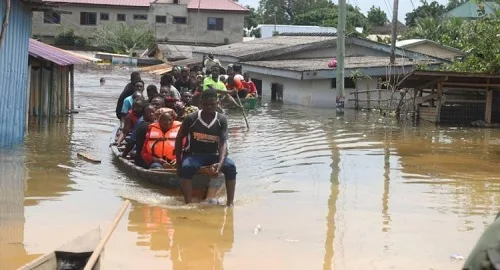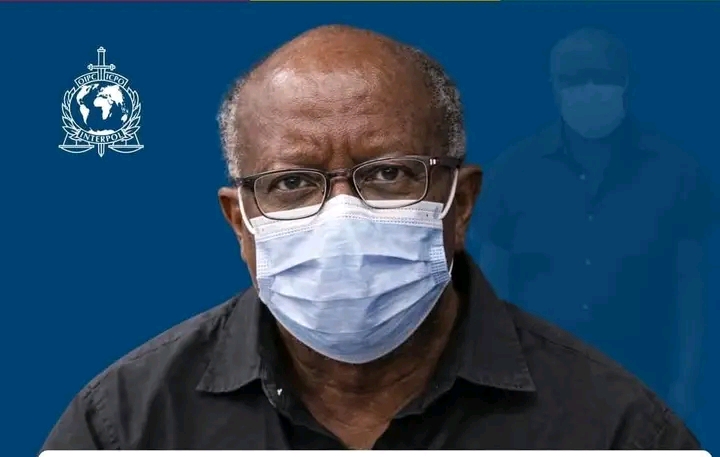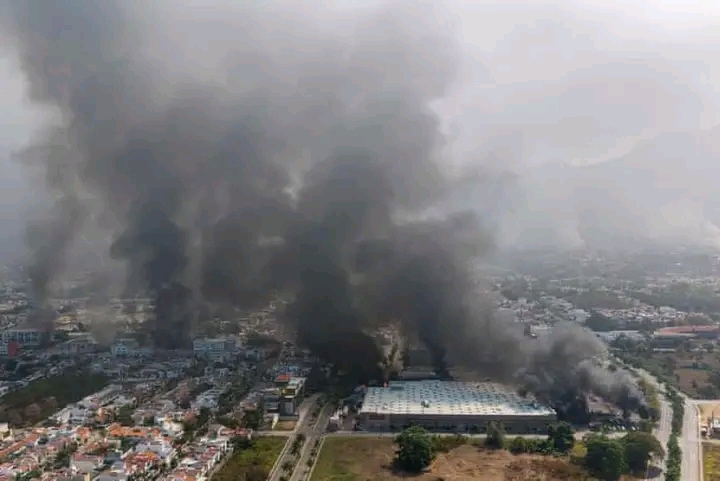By:Kenneth Appiah Bani.
In October 2023, the catastrophic flooding caused by the spillage of the Akosombo Dam in Ghana left a trail of destruction, displacing thousands of people and affecting several districts in the Eastern, Volta, and Greater Accra regions. The disaster not only caused physical damage but also had a profound emotional impact on the affected communities.
The flooding led to an overwhelming sense of anxiety and despair among the affected populations. Families lost their homes, livelihoods, and sense of security, leaving them to face an uncertain future. Children struggled with the trauma of losing their safe spaces, while parents battled feelings of helplessness. Health workers, many of whom were also victims of the flood, found themselves under immense pressure to provide care and support to others while dealing with their own distress.
The psychological impact of the disaster was far-reaching, with many individuals experiencing symptoms of anxiety, depression, and post-traumatic stress. For those with pre-existing mental health conditions, the disaster worsened their struggles.
Recognizing the urgent need for mental health and psychosocial support services, the World Health Organization (WHO), with funding from UK in Ghana, stepped in to provide critical support to the affected communities.
WHO’s Response
Dr. Leveana Gyimah, Technical Officer for Mental Health at WHO, emphasized the importance of prioritizing mental health during public emergencies. “Floods and other natural disasters don’t just destroy property, they leave deep emotional scars. The psychological impact can be long-lasting, affecting not just individuals but entire communities.”
WHO’s response included the deployment of clinical psychologists and psychiatrists to provide counseling and specialist psychiatric services. The organization also worked closely with the Mental Health Authority and the Ghana Health Service to build the capacity of health workers to address mental health needs.
Impact of the Intervention.
The intervention had a significant impact on the lives of the affected individuals and communities. Richard Sedem Ahakutor, a mental health nurse from Sogakope, who experienced mental health challenges during the disaster, shared his story. “The flood was overwhelming. I lost everything, and at the same time, I was expected to help others cope. It became too much to handle. Thanks to the support I received through this intervention, I was able to get back on my feet and continue supporting my community.”
Dr. Senanu Kwesi Dzokoto, Volta Regional Director of Ghana Health Services, highlighted the broader impact of the initiative. “Emergencies like this expose the gaps in our mental health support systems. WHO’s collaboration with the Mental Health Authority has allowed us to respond effectively to the needs of flood victims, ensuring that both residents and health workers receive the help they deserve.”
In Conclusion, the Akosombo dam flood disaster highlighted the importance of addressing mental health challenges in emergency situations. The WHO’s response, with funding from UK in Ghana, demonstrated the critical role that mental health and psychosocial support services play in disaster response and recovery.
As Dr. Richard Dei-Asamoa, a clinical psychologist and psychiatrist at Korle-Bu Teaching Hospital, noted, “Mental health is often overlooked during emergencies, but it is one of the most critical aspects of recovery. People need help to process their grief, anxiety, and trauma. This initiative has demonstrated how integrating mental health and psychosocial support services into disaster response can truly transform lives and communities.”
Credit:world health organization.







